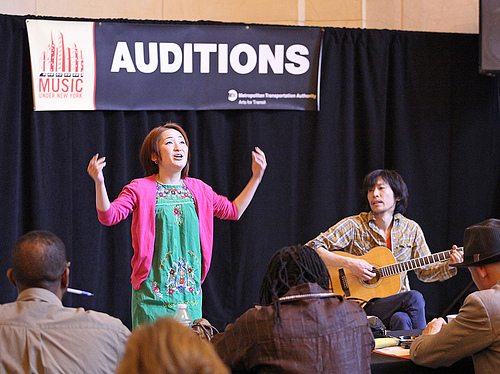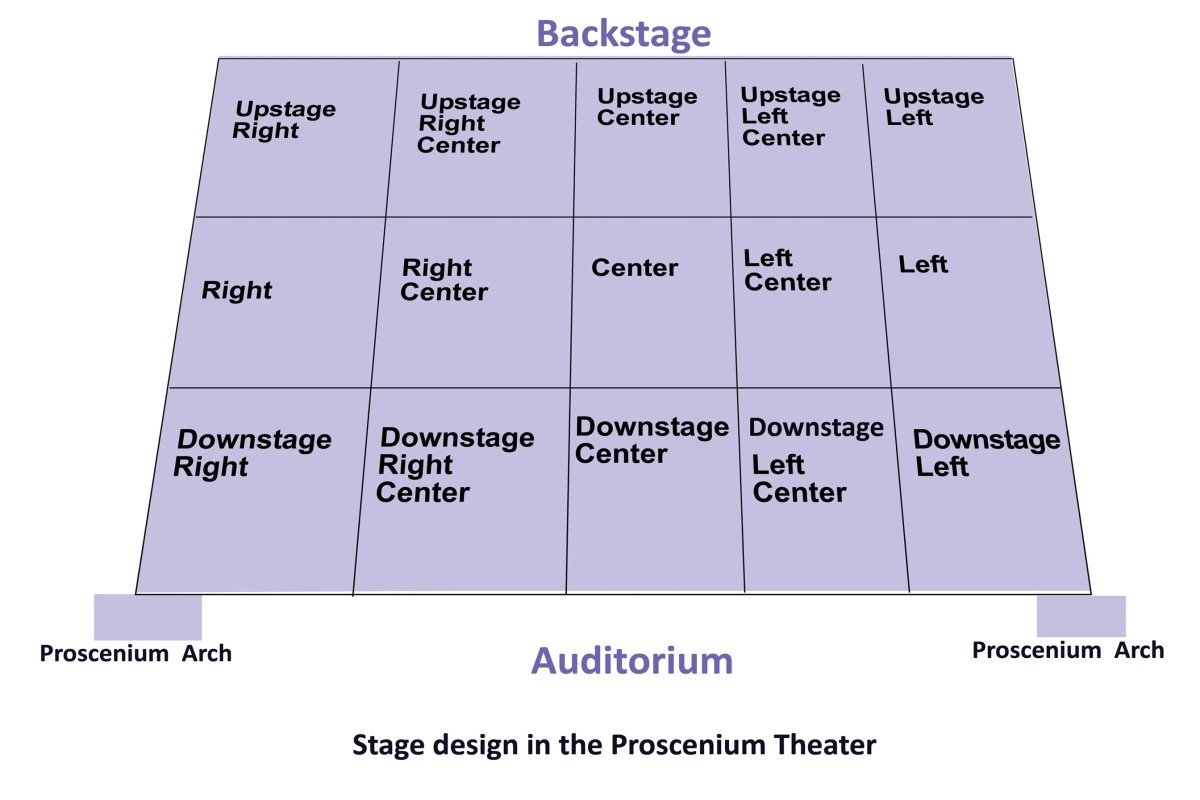How to Audition for Plays and Musicals

© 2012 by Aurelio Locsin.
I have over 10 years experience on the stage as an actor, director, stage manager, audition host and any other position you care to name. So it’s with some authority that I say the process is not pleasant on either side of the stage. While following a few simple tips may not guarantee you the role (only talent and persistence will), it can make auditions go more smoothly for you and the theater.
- Read the audition notice carefully, especially the name of the play or musical, the theater, the rehearsal schedule and the qualifications. There’s no point to your auditioning for a union production of “My Fair Lady,” if you’re non-union, or going for an all-female version of “Julius Caesar,” if you’re male.
- Read the play or the musical. This doesn’t mean watch the Hollywood version on Showtime, which may bear no resemblance to the original. It means obtaining the script, often from the theater, so you have an idea of what the play is about. If you’re given a few pages to cold-read as part of your audition, you will now know how those bits fit into the larger whole, and interpret it appropriately.
- Wear something that suggests the part rather than a full costume, such as a sport coat for a business role or a skirt for a Victorian matron. Appearances are not important in the theater as they are in movies or TV. When in doubt, go for the standard theatrical audition uniform: a simple black top, black pants or skirt, and black shoes.
- Bring a headshot that includes every conceivable way of getting in touch with you, such as home phone number, cellphone number, Facebook page and email. You want the director to easily reach you if you’re chosen for the part. If you don’t have a headshot, at least include a picture with your resume. Otherwise, the directors may not remember what you look like, especially among dozens of auditioners.
- Show up to the audition space a few minutes early so you can fill out any forms, study and script samples, and get an idea of the theater. Chat with the host and find out what you can about the people running the audition or what they’re looking for.
- Be polite and pleasant to everyone you meet including those in the lobby or behind the ticket booth. You can bet the people behind the stage will be asking the folks at the front of the house what they thought about each actor.
- Acknowledge everyone watching the stage when you enter but introduce yourself only once. If you’re performing by yourself on stage, ask the director whether he’d like you to perform for him or to the empty audience seats. Most directors will choose the latter, so they can concentrate on observing you, rather than trying to act with you.
- Be prepared to do your monolog, read the script, sing the song or dance in a way that’s totally different from what you started with. When the director requests a different interpretation, he isn’t criticizing your choice. He is trying to find out how easy it is to direct you and the range of your acting ability.
- Give a general thank you to everyone who watched you and don’t be afraid to ask what the next step is. You don’t want to leave the theater, if the director needs to pair you with another actor later. You also don’t want to hang out, if the director is finished with you.
Forget about the audition when you leave the audition and start preparing for your next audition. The odds are against you, so don’t call the theater for an analysis of your performance, or hope and pray that you’ll get the part. Remember that there are other roles out there, if you don’t get this one.








